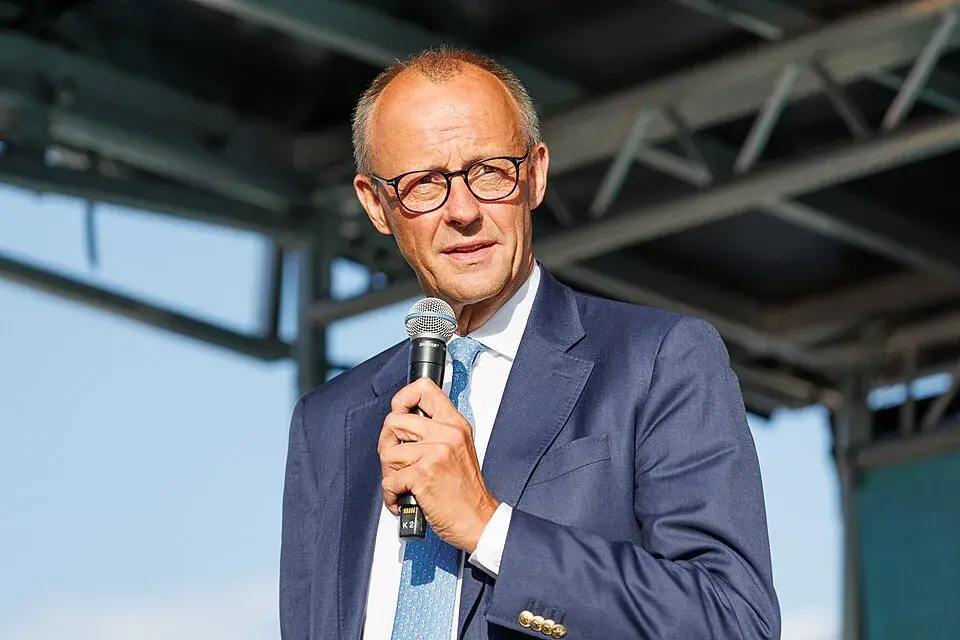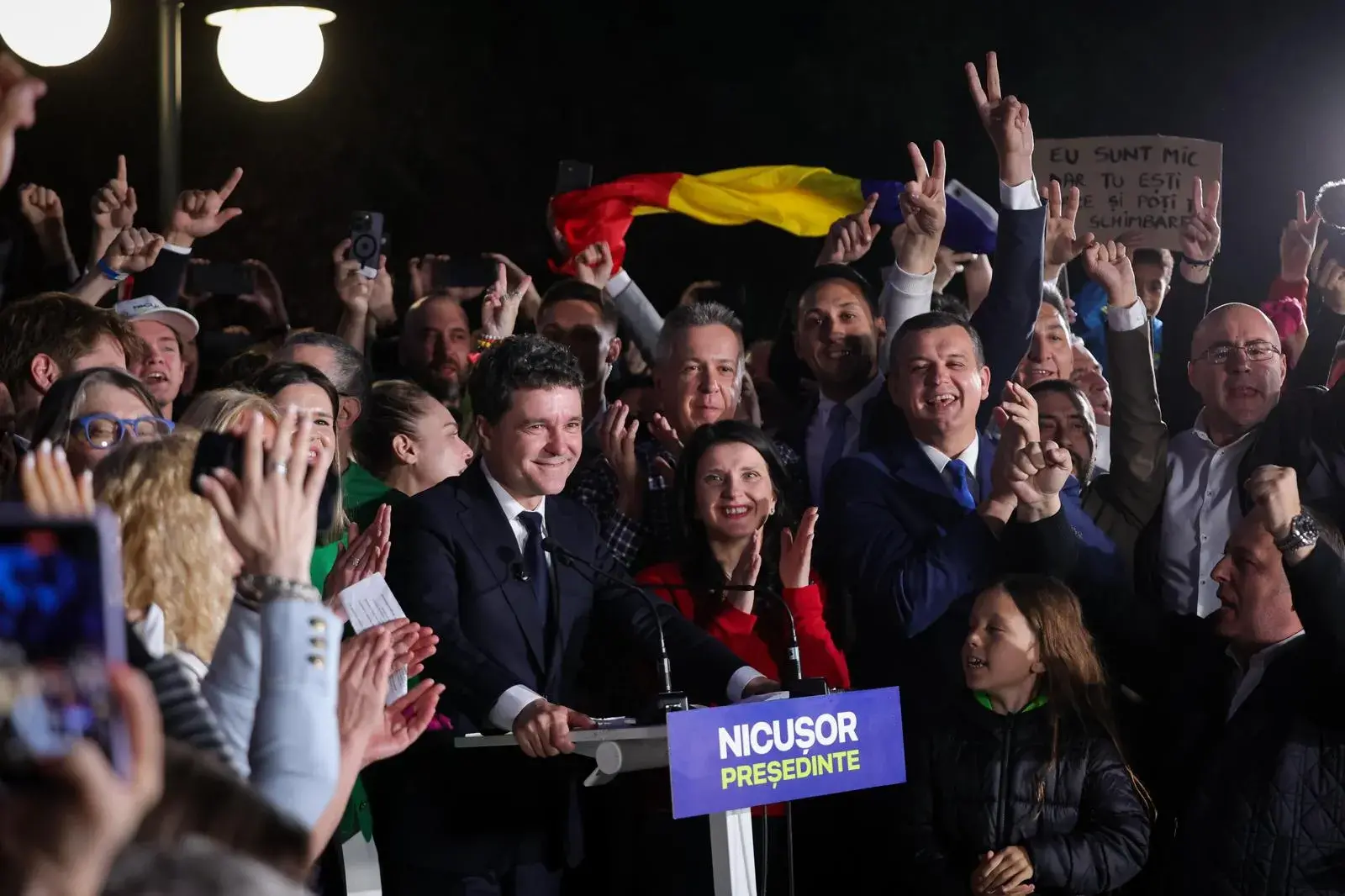Warsaw mayor Rafał Trzaskowski and nationalist Karol Nawrocki emerge as frontrunners.

Nearly 29 million eligible voters in Poland began casting their ballots on Sunday in a high-stakes presidential election seen as a direct contest between the pro-European liberal government of Prime Minister Donald Tusk and the ultraconservative opposition led by the Law and Justice party (PiS).
Over 32,000 polling stations opened at 7 a.m. local time across the country. The vote is taking place under strict electoral silence regulations, which came into effect at midnight Friday and prohibit the publication of polls, political messaging, and campaign material of any kind under penalty of fines up to €230,000 ($256,754).
The blackout will remain in place until 9 p.m. local time (7 p.m. GMT), when exit poll projections will be released.
Among the 13 candidates on the ballot, the race has narrowed to two clear frontrunners: Warsaw Mayor Rafał Trzaskowski, supported by Tusk’s governing Civic Coalition, and Karol Nawrocki, the ultraconservative president of Poland’s Institute of National Remembrance (IPN), backed by the PiS.
Recent opinion polls put Trzaskowski at 31.4% and Nawrocki at 25.6%, making a runoff vote on June 1 increasingly likely, as neither is expected to surpass the 50% threshold required for an outright victory.
Voter turnout is projected to be similar to the 64% recorded in the 2020 presidential election, in which incumbent Andrzej Duda secured a second term.
“Every election is a celebration of democracy,” Trzaskowski said after casting his ballot alongside his wife, Małgorzata Trzaskowska. “The presidential election is especially important, because we choose someone who will represent all Polish men and women.”
Nawrocki, accompanied by his wife Marta Nawrocka, their children Antoni, Daniel, and Kasia, said, “It is worth taking responsibility for Poland. I encourage everyone to choose their candidate and participate in this election. This is how we forge our future,” according to state news agency PAP.
This vote is widely seen as a referendum on the country’s political trajectory. Tusk seeks to advance a liberal reform agenda—strengthening judicial independence, expanding LGBTQ+ rights, and broadening access to abortion—while President Duda has used his veto power extensively to block such initiatives.
Since returning to power in 2023, Tusk’s government has faced persistent resistance from the presidency. Duda has vetoed 74 parliamentary initiatives, including four major laws such as one allowing emergency contraception without a prescription.
Unlike other parliamentary systems, Poland’s president retains significant authority, including command of the armed forces, influence over foreign policy, and the ability to veto legislation passed by the Sejm, the lower house of Parliament. Overriding a presidential veto requires a three-fifths majority—something the ruling coalition does not currently have.
As a result, the winner of this election will play a key role in shaping or obstructing Poland’s domestic and international agenda until at least 2027.
Keep Independent Journalism Alive
In a world flooded with noise, independent journalism is more vital than ever. We work hard to bring you clear, accurate, and unbiased international news — free from corporate or political influence.If you believe in the power of honest reporting, please consider making a donation. Every contribution, big or small, helps us stay independent and keep the world informed.
Support us via PayPalYour support makes a difference.


